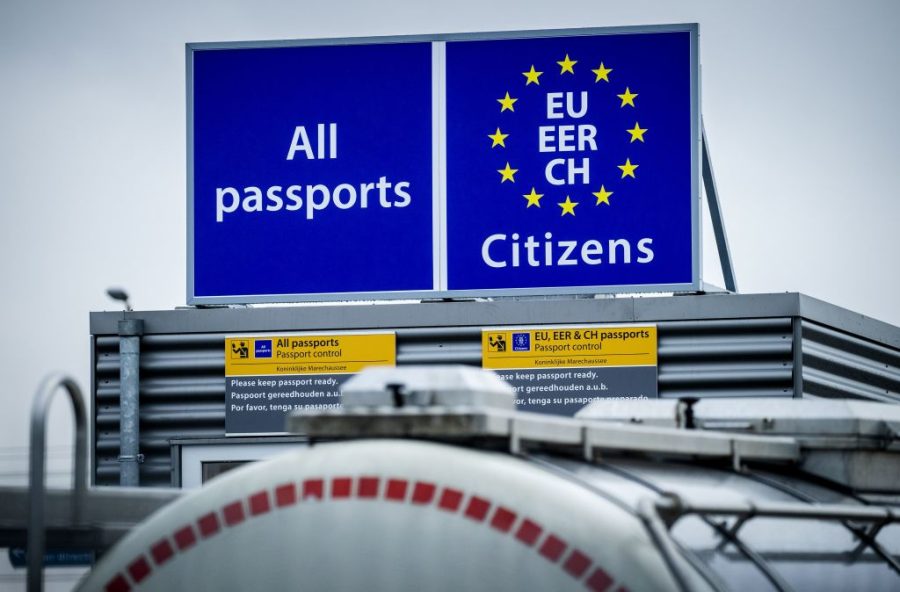Like it or not, for ordinary people, Brexit is about to make itself felt in a way which it has not done so far. MEPs have finally given their approval to the EU’s much-delayed Entry and Exit System (EES), which will now be introduced over a six month period starting in October. It means that from that date, all visitors with a UK passport will have to have a facial scan and their fingerprints taken at the border when they travel to the EU. In the case of Eurostar passengers and those taking Eurotunnel or sea routes, the biometric information will be collected physically in Britain before you leave – owing to reciprocal arrangements whereby EU border officials work on UK soil and vice versa.
No passport, no Etias, no nothing required – only a good story
The introduction of EES paves the way for the European Travel Information and Authorisation System (Etias) to be introduced from next year. That will operate rather like the US Esta visa waiver scheme, requiring UK passport holders to undertake checks and obtain authorisation before they depart for the EU, which will last – for multiple trips – for three years. It will cost €7 (£5.97) a time.
The main difference between Etias and the US scheme is that the latter was introduced as a visa waiver scheme – ie to make life easier for travellers to the US. Etias, on the other hand, is a new layer of bureaucracy. Britons can hardly complain, however, given that EU visitors to the UK are already subject to a similar scheme. At £16 per traveller, the UK scheme costs more than twice what the EU scheme is proposed to cost. As I wrote here the other day, it may well be one of the factors behind a drop-off in tourists visiting Britain since the pandemic.
Britain and the EU justify their schemes by saying they will add to public security and safety. It will make it easier for the EU to police rules preventing Britons without a visa staying in the EU for more than 90 days in any 180-day period.
Theoretically, demanding travellers undergo checks before they travel will make it easier to root out undesirables. Except, that is, that neither the UK nor EU schemes will do a thing to deter illegal migration. If you are a terrorist or criminal wanting to travel to Britain, turning up at an airport would seem to be a poor strategy compared with jumping in a dinghy and getting picked up by Border Control once you are in UK waters. Then you get a free ride, and board and lodging when you arrive – and only a small chance that you will be deported even if your asylum application fails. No passport, no Etias, no nothing required – only a good story.
Most of us are having to accept that we now live in an age in which the liberalisation of travel is being reversed. After decades in which it became easier and easier to travel, barriers are being erected all around the world. This is true even for EU citizens travelling within the bloc: Germany last year invoked emergency powers to impose temporary border checks to try to control migration. The pandemic gave many countries a taste for this kind of thing; hard borders popped up which we had long forgotten about, such as between Australian states, as well as between England, Scotland and Wales. Thus emboldened, governments are now more inclined to take on civil liberty groups for other purposes too.
Yet the ease of illegal migration, at least to Britain, stands out in stark contrast to this trend. There, things still seem to be moving in the other direction, with human rights lawyers very much dictating effective liberalisation of policy. There is perhaps, though, a limit to which people will accept the dichotomy between legal travel becoming harder and illegal migration becoming easier. Why, when the rest of us are made to jump through hoops in order to go on holiday, should we tolerate people entering Britain with no papers at all? Possibly, just possibly, EES and Etias could turn out to be the straws which finally break the camel’s back and lead to irresistible pressure for a genuine crackdown on illegal migration.








Comments